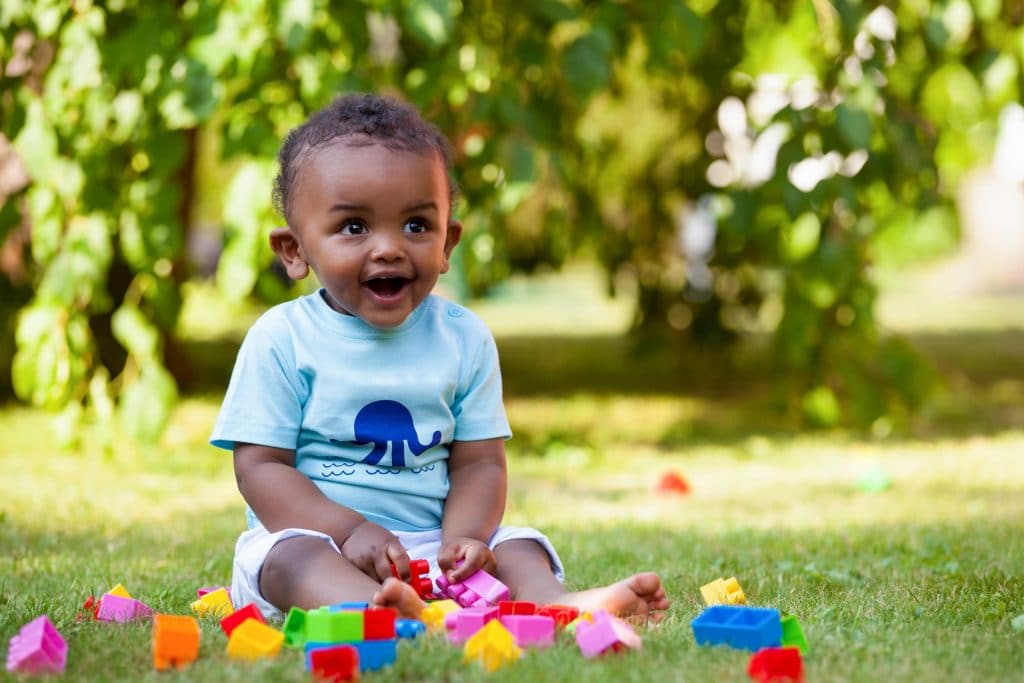How bonding supports your baby’s brain development
You Can’t Spoil A New Born Baby!
Bonding with baby during this special time is key to supporting their development.
The impact that a parent’s love and attention has on a baby’s development is researched and undeniable. We now know that it is impossible to “spoil” a new born baby and that the more we respond to their cries in those early developmental months, the less needy and more resilient they will grow to be.
As soon as your baby is born they know you and can pick you out of a crowd. You are as special to them as they are to you.
“The magical connection between my mummy and me”
Your touch is magical to me and it helps me to develop and feel safe and organised. I love when you “toes and nose” me. This means you bring your nose in to touch mine, moving slowly so as not to frighten me and touching me gently, then rubbing your nose side to side with mine a couple of times. I love when you do this every single day! Also, that you count and play with my toes doing “this little piggy went to market”. But please don’t tickle me at the end, it can be over stimulating for me and feel uncomfortable. I like it best when you just walk your fingers up my leg at the end or even nicer, rub my foot in circles at the end.
I feel a lot and often my feelings get too big for me to manage alone.
Even though I am small, I feel a lot and often my feelings get too big for me to manage alone. I need your help to pick me up, rock me, sing to me, softly stroke my face and make me feel that it will all be ok. Remember that loud noises, bright lights or even the sudden temperature change of getting undressed can overwhelm me at this stage.
When you understand me, you help me to make sense of the world around me. Those researchers tell us that when you learn to read and understand the cues that I give you (like crying or wriggling) and you respond appropriately by giving me what I need in that moment, you are doing more for my brain development than any structured activity or fancy shop bought gadget will ever achieve.
As I feel loved and understood by you, I begin to better understand who I am myself and how the world works. YOU are all I need to support my development in these early months of my life.
BA20-445

“Skin-to-skin contact is a beautiful way to start building the bond straight after birth”

The cradle hold
Back of neck, head and spine are all supported by the arm and wide-open hand. The other hand supports the bottom.

The snuggle hold

Face-to-face hold
Hold your baby in front of you with their legs on your stomach. One hand under the head and one supporting the bottom. Great for interaction.

Rugby hold

Belly hold
Next steps:
If you have any queries or concerns about your newborn, or your own health and well-being, make sure you speak to your midwife.
It’s important you get time to rest and bond with your baby in the early days. Get your partner to manage visitors, so you don’t get overwhelmed.
You’re probably going to feel quite sore at first, so ask for help when you need it and take it easy. It’ll help you to recover quicker.
Breastfeeding is the most
important skill you can master in the early days. Your midwife will have tonnes of tips on techniques to make it easier; make the most of their help while you can.
BA20-445
Further Reading
Hear from our baby feeding expert, Sue Battersby, on how that amazing first cuddle with your new arrival doesn’t just feel great to you, but impacts their sleep habits, immunity, stress levels and more.
Between 6 to 12 months your baby may start to express discomfort or display emotions such as anger and fear. During this time, they will look to you for security especially in times of uncertainty.





